Search
Search Results
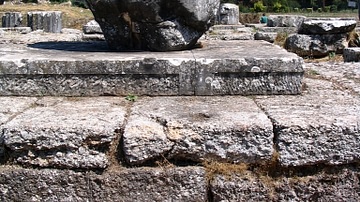
Definition
Tegea
Tegea was an ancient Greek city-state or polis in the southeast of Arcadia in the Peloponnese. The city participated in wider Greek affairs such as the Persian Wars of the early 5th century BCE and was a valuable ally of Sparta during the...

Article
The Athenian Calendar
The term “Athenian Calendar” (also called the “Attic Calendar”) has become somewhat of a misnomer, since Ancient Athenians never really used just one method to reckon the passage of time. Athenians, especially from the 3rd Century BCE forward...
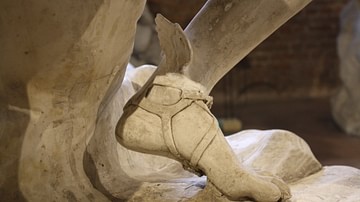
Definition
Hermes - The Messenger of the Olympian Gods
Hermes was the ancient Greek god of trade, wealth, luck, fertility, animal husbandry, sleep, language, thieves, and travel. One of the cleverest and most mischievous of the 12 Olympian gods, Hermes was their herald and messenger. In that...
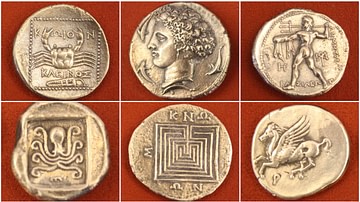
Definition
Ancient Greek Coinage
The coinage of ancient Greece has given us some of the most recognisable images from antiquity as they were stamped with designs to proudly declare the identity of the city which minted them and guarantee their value. One of the great archaeological...
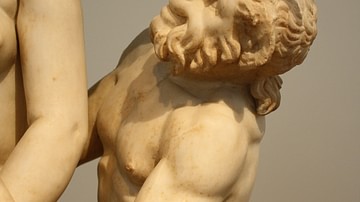
Definition
Pan - The Pastoral God of Ancient Greece
Pan is a figure from Greek mythology who was originally a pastoral god from Arcadia. It was believed Pan dwelt in the mountains and forests of Greece. He was the patron of shepherds, hence one of his attributes is the lagobolon - a hare trap...
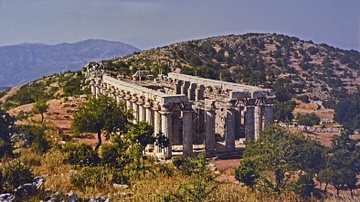
Definition
Bassae
Bassae (Bassai), located in south-west Arcadia on the slopes of Mt. Kotilion, was an important temple site in the Archaic and Classical periods. Its large 5th-century BCE temple of Apollo, now covered with a permanent roof, is one of the...

Article
The Aztec Calendar
The Aztecs of ancient Mexico measured time with a sophisticated and interconnected triple calendar system which followed the movements of the celestial bodies and provided a comprehensive list of important religious festivals and sacred dates...
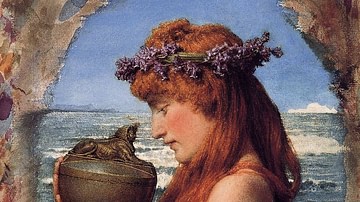
Definition
Pandora
Pandora is a figure from Greek mythology who was not only the first woman, but —as an instrument of the wrath of Zeus— was held responsible for releasing the ills of humanity into the world. Pandora was also an unrelated earth goddess in...

Book Review
Arcadian Days: Gods, Women, and Men from Greek Myths
John Spurling has crafted a lyrical retelling of some well-known Greek myths, weaving these seemingly disparate stories together with subtle themes. The most prominent common factor throughout this collection is that each retelling features...
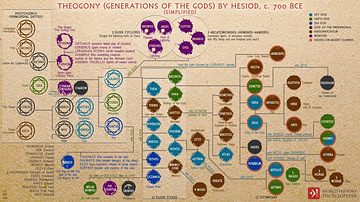
Definition
Hesiod
Hesiod (c. 700 BCE) in conjunction with Homer, is one of those almost legendary early Greek Epic poets. His works are not of comparable length to Homer's. Hesiod's poems are not epic because of their length, but because of their language...